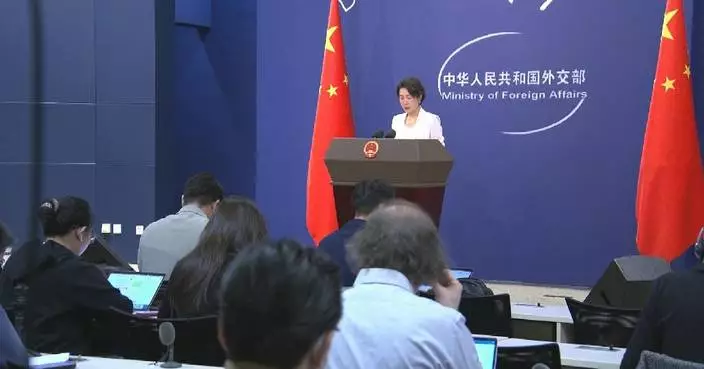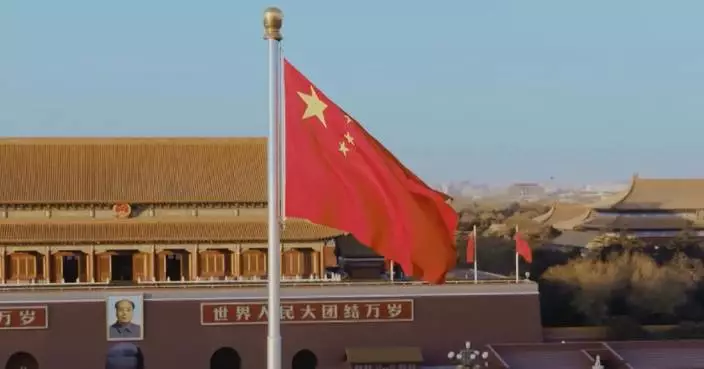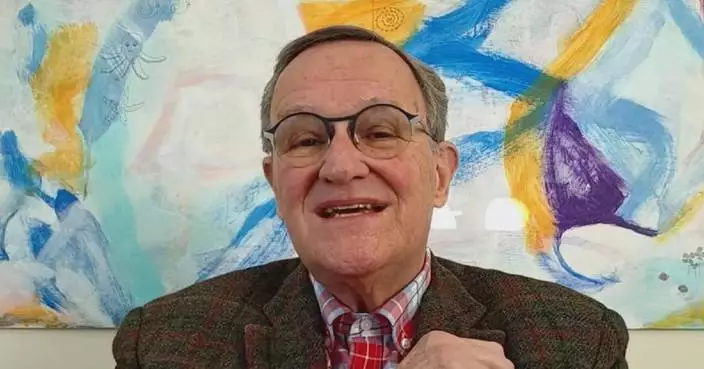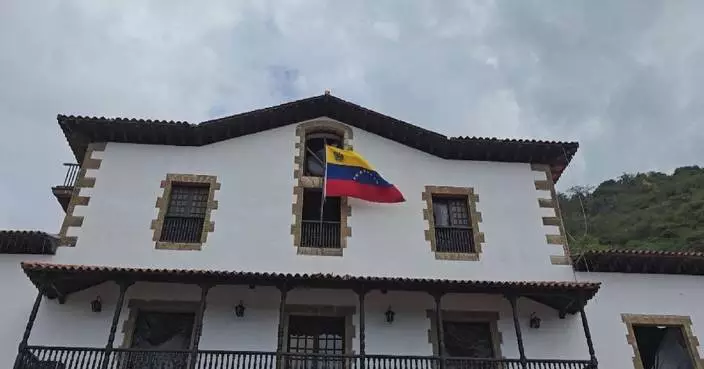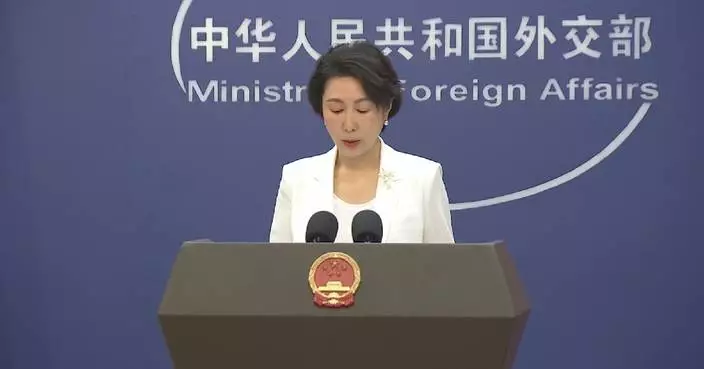Mark Carney's Liberal Party is projected to have won Monday's federal election in Canada, according to local media, after a hard-fought election campaign that was dominated by the country's trade dispute with its North American neighbor and the interventions of U.S. President Donald Trump.
Reports from the Canadian Broadcasting Corporation (CBC) showed the Liberal Party was on course for victory as results began to pour in late on Monday evening, though it remains unclear whether the incumbent prime minister Carney has secured an outright parliamentary majority.
Carney had only taken over from predecessor Justin Trudeau last month and subsequently triggered an election race that came against the backdrop of strained relations with the U.S., global economic turmoil, and a domestic cost of living crisis in Canada.
The opposition Conservative Party, headed by Pierre Poilievre, had largely been ahead in the polls until Trudeau's resignation, with some analysts believing comments made by President Trump had in fact caused a spike in support for the incumbent Liberal Party, who have governed since 2015.
Repeating remarks he has frequently made referring to Canada as the "51st state" of the U.S., Trump again waded in on social media on Monday, telling Canadians to "vote for the man" who would make their country part of the United States.
Trump's repeated threats about Canadian sovereignty, along with the heavy tariffs imposed on the country, became hot topics during the 36-day campaign.
Outside polling stations on Monday, Canadian voters acknowledged the multitude of challenges facing the country, including rising prices, deteriorating public security, and a housing crisis.
However, the question of how the main candidates would deal with the U.S. appeared to the number one issue, with voters hoping the new leader would show strength in confronting the Trump administration over its tariffs and stand up to defend Canada’s sovereignty.
"I think we need to take that seriously. It's time for Canada to kind of come together and prove who we are," said a young voter.
"Whoever gets elected better be strong because I'm not becoming the 51st state," said an elderly resident.
Though Carney has declared victory, the finals result might not be known for some time and could depend on the westernmost province of British Columbia, where polls were the last to close.
In order win a majority, the Liberals need to win 172 of the 343 electoral districts, known as seats, in the House of Commons that would enable them to govern without the need to rely on support from a smaller party.
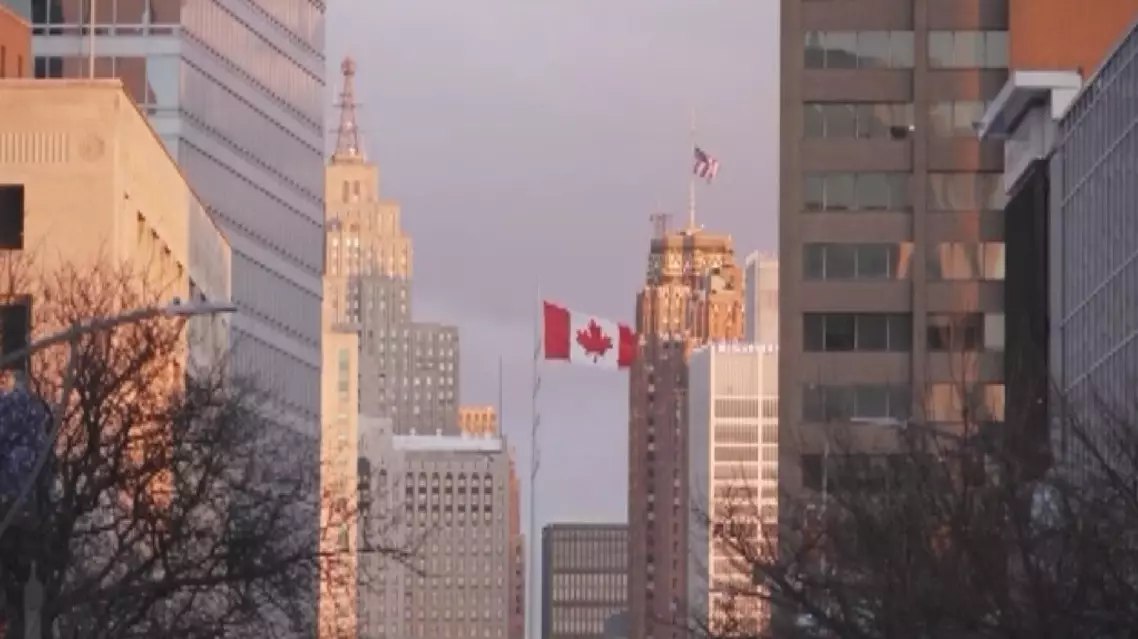
Mark Carney's Liberal Party wins Canada election: local media





